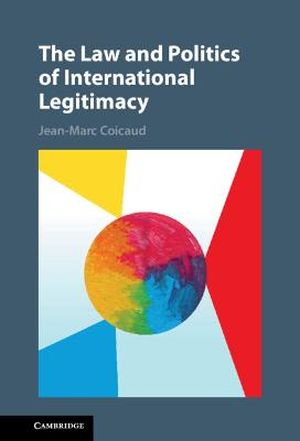
The book examines the significance of the issue of political legitimacy at the international level, focusing on international law. It adopts a descriptive, critical and reconstructive approach. In order to do so, the book clarifies what political legitimacy is in general and in the context of international law. The book analyses how international law contributes to a sense of legitimacy through notions such as international membership, international rights holding, fundamental principles and hierarchy of rights holding, rightful conduct and international authority. In addition, the book stresses the serious limitations of legitimacy of international law and of the current international order that it contributes to regulate and manage. This leads the book to identify the conditions under which international order and international law could overcome their problems of legitimacy and become more legitimate.
The book is inter-disciplinary in nature, mobilizing international law, political and legal theory, philosophy, history, and political science.